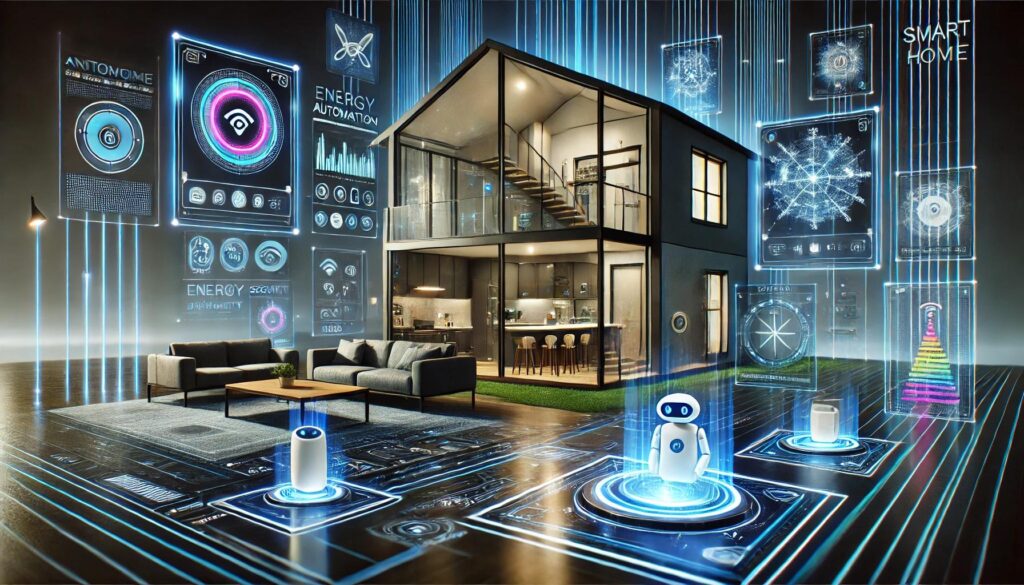The Future of Smart Homes: A New Era of Automation and Connectivity
The concept of the smart home is rapidly evolving, driven by advancements in artificial intelligence, the Internet of Things (IoT), and seamless device integration. As technology becomes more sophisticated, the future of smart homes promises increased automation, enhanced user control, and unparalleled convenience, making everyday living more efficient than ever before.
Seamless Device Integration: The Connected Home
One of the most significant developments in smart home technology is the ability for devices to communicate effortlessly with each other. Manufacturers are working towards universal compatibility, allowing smart thermostats, lighting systems, security cameras, and appliances to function within a single ecosystem. With protocols such as Matter, a new connectivity standard, the days of fragmented smart home systems are numbered, ushering in a new era of seamless interoperability.
Artificial Intelligence and Automation
Artificial intelligence (AI) is set to revolutionise the smart home experience. AI-driven assistants, such as Amazon Alexa, Google Assistant, and Apple’s Siri, are becoming more intuitive, capable of learning user behaviours and automating tasks accordingly. From adjusting lighting based on time of day to predicting and optimising energy usage, AI-powered homes will reduce manual input, providing a truly hands-free living experience.
Enhanced Security and Privacy Measures
With the proliferation of connected devices comes an increased focus on security. Smart home systems of the future will integrate advanced encryption, biometric authentication, and AI-powered surveillance to protect user data and privacy. Innovations such as facial recognition doorbells, real-time security alerts, and decentralised data storage will ensure that homeowners can enjoy the benefits of smart technology without compromising their safety.
Energy Efficiency and Sustainability
Smart homes are also leading the way in energy efficiency and sustainability. Intelligent energy management systems can monitor and adjust electricity consumption in real-time, reducing waste and lowering energy bills. Solar panels integrated with smart grids, battery storage solutions, and eco-friendly appliances will help households minimise their carbon footprint while maximising efficiency.
The Role of 5G and Edge Computing
The rollout of 5G networks and the rise of edge computing will further enhance smart home capabilities. Faster and more reliable internet connections will enable real-time data processing, reducing latency in automated responses. This will be particularly beneficial for applications such as smart security systems, remote healthcare monitoring, and immersive home entertainment experiences.
What’s Next?
The smart homes of tomorrow will be more than just a collection of connected devices—they will be intuitive ecosystems designed to enhance comfort, security, and efficiency. As AI and IoT technologies continue to advance, we can expect a future where homes are not only smart but also adaptive, responding dynamically to our needs and preferences.
The age of smart living is just beginning, and the possibilities are limitless. With continued innovation, the smart home revolution will redefine the way we interact with our living spaces, making them more intelligent, efficient, and seamlessly integrated than ever before.

